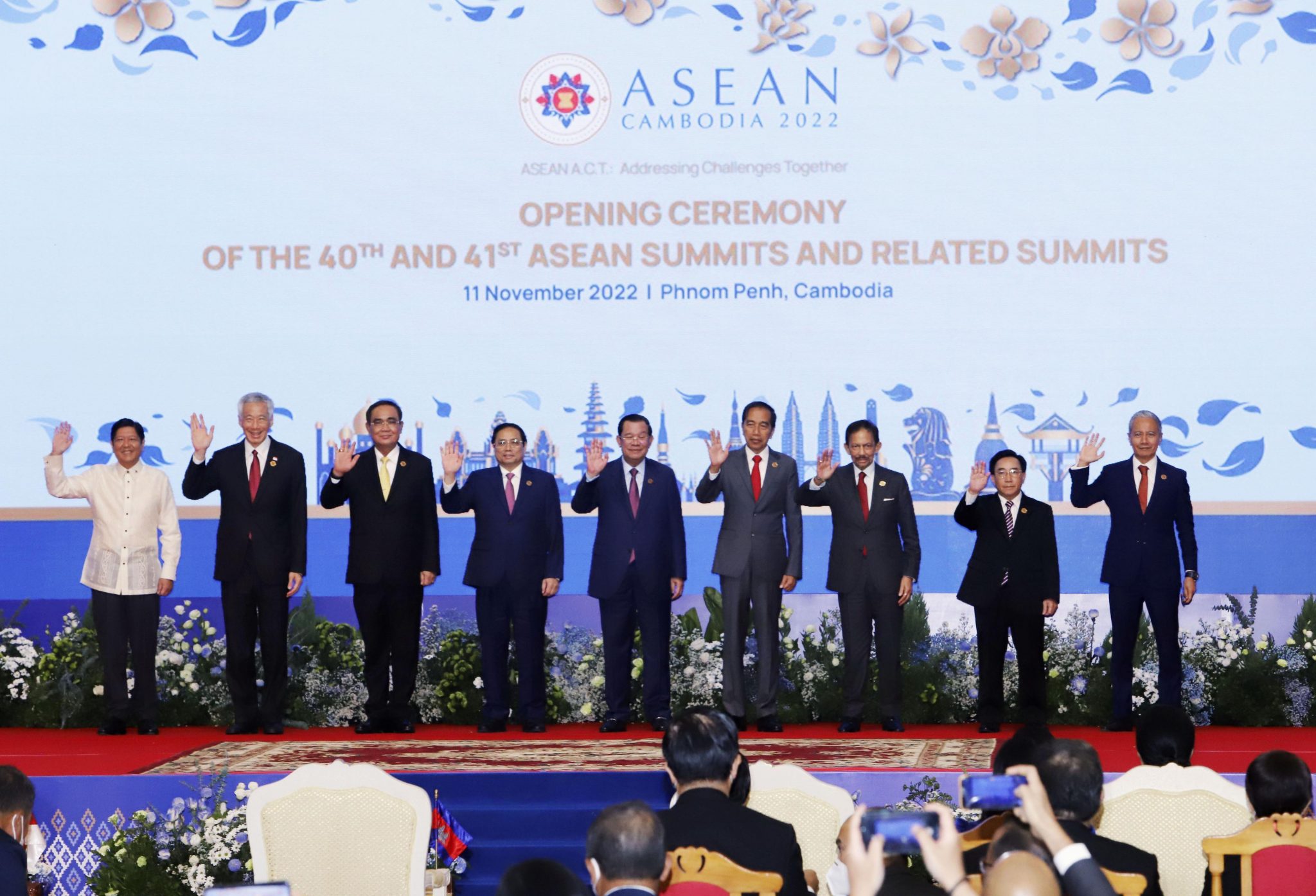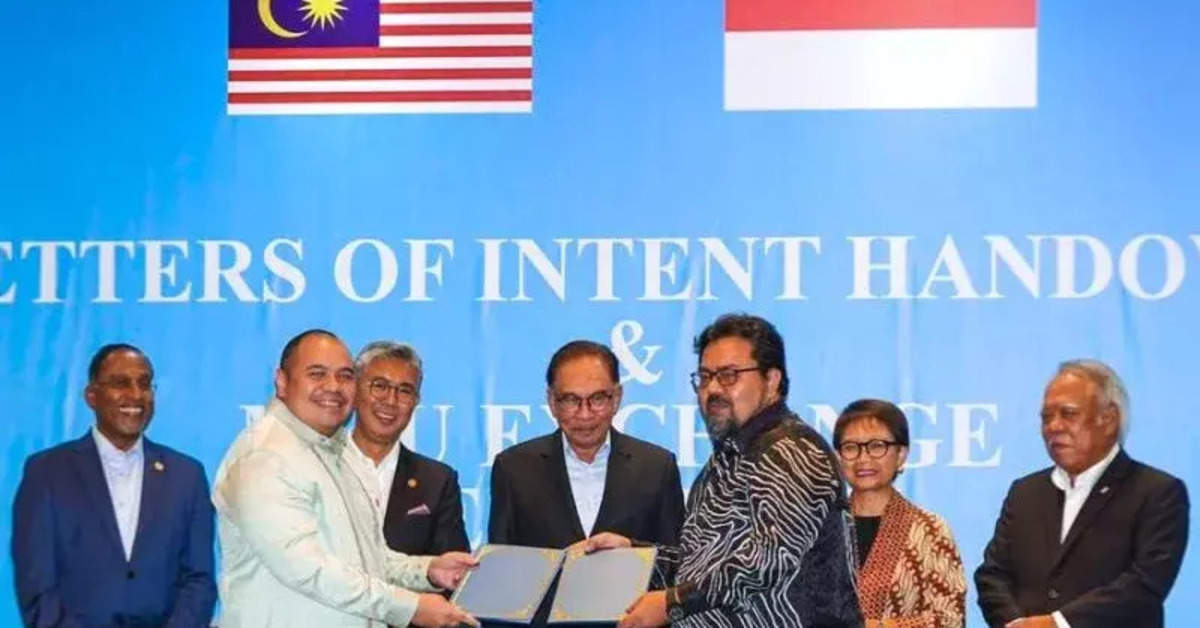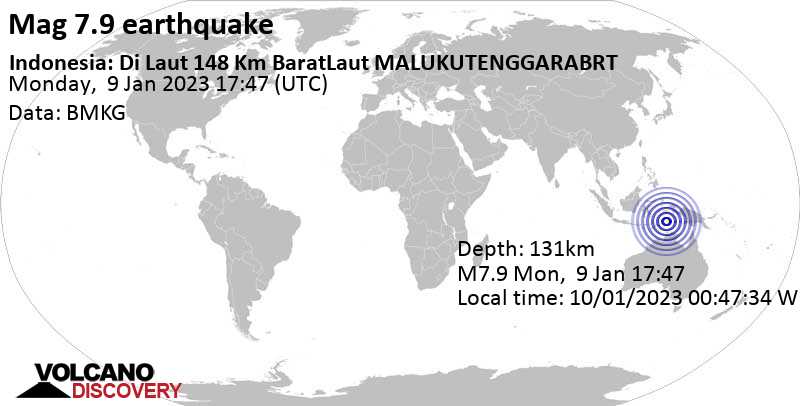Author: Sharon Seah, ISEAS–Yusof Ishak Institute
Cambodia assumed the ASEAN chair in 2022 with the theme ‘ASEAN ACT: Addressing Challenges Together’. Act, it certainly did. The chair started with Cambodian Prime Minister Hun Sen’s high-profile visit to Myanmar’s capital Naypyidaw in January. But Myanmar’s problems proved difficult to crack — even with a leader typically sympathetic to enforcing state control.
2022 quickly spiralled with challenging international crises beyond ASEAN’s control. To Cambodia’s credit, ASEAN deftly steered itself through politically turbulent waters. The war in Ukraine saw divergent positions of member states as ASEAN came under intense pressure for its weak stance on Ukraine.
ASEAN eventually released the ASEAN–EU commemorative statement — in which ‘most members strongly condemned the war in Ukraine’. Despite its perceived closeness with Russia and China, Cambodia’s national position evolved from refusing to take sides to Hun Sen taking a phone call with Ukrainian President Volodymyr Zelensky.
The issue of Taiwan was a new litmus test for ASEAN unity on an issue that the group would prefer never to discuss openly. Yet again, Cambodia persuaded its fellow members to agree to a stand-alone statement that firmly reiterated support for member states’ respective one-China policies.
Timor Leste’s provisional admission to ASEAN — an issue debated within the group for over a decade — can be counted as a feather in Cambodia’s cap. Though many expected that Indonesia would be the chair to announce admission for Timor Leste, Cambodia’s tenacity in pushing for a resolution helped clear the way.
There was no question of ASEAN’s convening power as the ASEAN summitry season opened. The ASEAN+1, ASEAN+3, East Asia Summit, ASEAN Regional Forum and ASEAN Defence Ministerial Meeting Plus continued to draw the usual slate of luminaries. Cambodia scored one up with Ukraine signing onto the Treaty of Amity and Cooperation in Southeast Asia. A comprehensive strategic partnership with the United States and India balanced the ASEAN–China and ASEAN–Australia comprehensive strategic partnerships that were awarded a year ago. Here again, ASEAN appeared to deliver a balance of power.
Economically, 2022 was more of an ‘upgrade’ year than one with new innovative deliverables. Under the Cambodian chair, ASEAN concluded the ASEAN–Australia–New Zealand Free Trade Agreement upgrade and started negotiations to update the ASEAN Trade in Goods Agreement. This will ensure that both agreements remain relevant, modern and responsive to regional and global developments.
ASEAN also launched negotiations for the ASEAN Framework Agreement on Competition to facilitate the creation of a fair and competitive business environment. It also ran a feasibility study for a new Digital Economic Framework Agreement which will help ASEAN leapfrog into the new digital economy.
Indonesia will take over chairing a regional grouping that is navigating through an increasingly complex geopolitical environment. Existing challenges like recovering from the COVID-19 pandemic and handling the Myanmar crisis are being exacerbated by heightened US–China rivalry, the Russia–Ukraine war, rising energy prices, volatile food security, inflationary pressures and fears of recession. ASEAN’s ability to coalesce as a group seems to grow weaker with each succeeding crisis.
Indonesia’s performance will be partly evaluated by how well it manages the Myanmar crisis. From the early days of shuttle diplomacy to crafting a regional response, it appears that Indonesia’s adoption of a relatively hardened position towards the Myanmar military junta will continue. Thailand’s convening of an ‘open-ended consultative meeting’ not only undermined the incoming chair but may have also deepened the divide within ASEAN over the Myanmar issue.
Riding on the success of Indonesia’s G20 presidency, performance expectations for Indonesia are high. Indonesia’s new theme ‘ASEAN Matters: Epicentrum of Growth’ means that economic deliverables will be its mainstay. Indonesian Coordinating Minister for Economic Affairs, Airlangga Hartarto, explained that the theme is made up of three elements — strengthening ASEAN’s capacity and effectiveness, unity and centrality. The focus on growth points to health architecture, energy security, food security and financial stability. The economic focus will be translated into 16 priority economic deliverables on recovery and rebuilding, digital economy and sustainability.
Indonesia will likely also focus on operationalising the ASEAN Outlook on the Indo-Pacific (AOIP) — a concept initiated by Indonesia but saw little progress after 2019. Mainstreaming the AOIP’s key areas of maritime cooperation, connectivity, UN Sustainable Development Goals and economic alongside other areas of cooperation will be a priority.
The operationalisation of the AOIP is a response to the proliferation of different Indo-Pacific strategies by its external partners. It can actively project ASEAN centrality back into the regional security architecture. The AOIP is the only Indo-Pacific concept that is acceptable to every ASEAN dialogue partner. Even China, which does not acknowledge the concept of an Indo-Pacific, does not object to the AOIP.
Given that trade and economics remain at the centre of Indonesia’s chair theme, ASEAN would be well served if Indonesia were to harmonise the different trade pacts together. These include the Comprehensive and Progressive Agreement for Trans-Pacific Partnership, the Regional Comprehensive Economic Partnership and the Indo-Pacific Economic Framework for Prosperity.
Indonesia, one of the more mature democracies in the region, can play a crucial role in influencing ASEAN’s normative development. ASEAN’s current visioning exercise for a post-2025 ASEAN Community could benefit from Indonesia’s co-chair with permanent chair Malaysia. With a risk-averse outgoing president and upcoming 2024 general elections, Indonesia may not take the kind of extra-regional bold foreign policy decisions that we expect to see but it will carry out priorities of the chair.
Sharon Seah is Coordinator of the ASEAN Studies Centre and the Climate Change in Southeast Asia Programme at the ISEAS–Yusof Ishak Institute, Singapore.
This article is part of an EAF special feature series on 2022 in review and the year ahead.




































